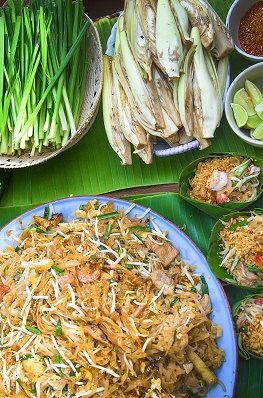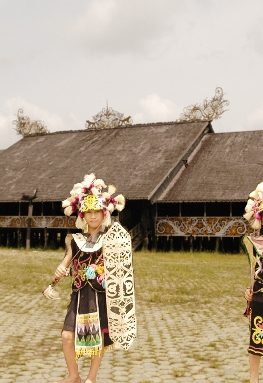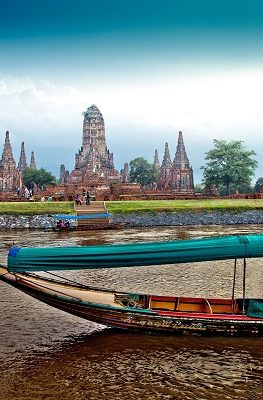Published on August 25, 2014
Korean Actress, Jo Yeo-Jong, famous for her role in the movies The Servant (2010) and The Concubine (2012), now host of the Travel The World TV program on MBC Channel expressed her love and fascination with the many and varied splendors of the Indonesian Archipelago. Broadcast in several episodes, Jo Yeo Jong explored the fabled island of Bali, enjoyed the highlands of Bukittinggi in West Sumatra, and experienced a close encounter with the Orangutan of North Sumatra.
In Bali, the 33 years old actress was fascinated by the pristine Padang-padang Beach and Nusa Penida Island. She also experienced the thrill of rafting the Ayung River and the sensation of spending the night in a traditional house near to Balis’s famous ricefields. Completing her adventure in Bali, Jo Yeo-Jong visited a Balinese traditional market and tasted the distinct Indonesian tropical fruit locally known as Sawo or Sapodilla.
From the island of the gods, Jo Ye Jeong flew to the province of West Sumatra to the Hill town of Bukittinggiand the stunning Sianok Gorge. The Korean Actress truly loved her trip which presented some of the best natural sceneries in the archipelago. She also dropped in at a local souvenirs center and tried on some of the traditional Minangkabau hand-woven costumes.
In West Sumatra, Jo Yeo-Jong tasted the legendary Padang Food in a local restaurant. Although it was admittely pretty spicy, but Jo Yeo Jong seemed to really enjoy the beef Rendang, listed among the 50 most delicious foods in the world according to CNNgo.
The adventure continued to the magnificent Lake Toba in North Sumatra and into the jungle of Bukit Lawang. In Bukit Lawang, the lovely actress met up close with the endangered orangutan. Jo Yeo Jong stayed in the Ecolodge Bukit Lawang which is designed to give its visitors the sensation of being one with nature. She was, however, most surprised but thrilled that the bathroom had no roof, but that clean fresh water flowed through bamboo pipes instead of from steel taps.





